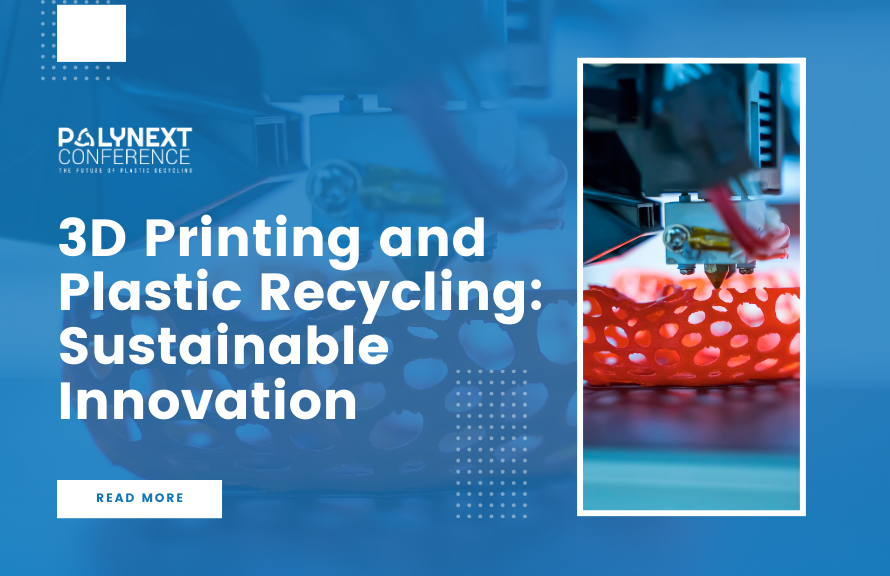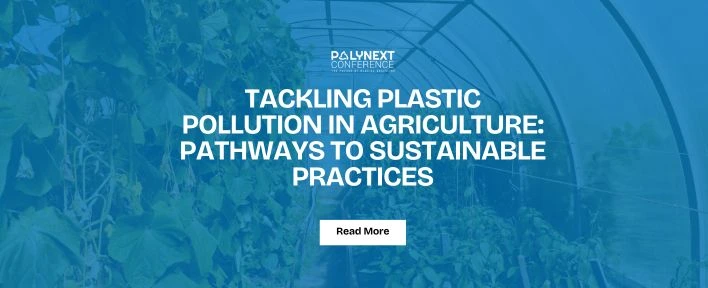Zero waste events aim to divert at least 90% of waste from landfills, with plastic waste being a primary challenge. These events align with global sustainability goals by reducing plastic dependency and promoting waste reduction. Here’s how to plan and execute a zero waste event effectively.
Key Steps for Organizing Zero Waste Events
1. Planning for Sustainability
Engage the Venue: Choose a location that supports waste reduction, offers composting and recycling services, and encourages reusable materials.
Food Waste Management: Accurately estimate attendee numbers, collaborate with local caterers using seasonal produce, and donate excess food.
Avoid Single-Use Items: Opt for reusable plates, cutlery, and cloth napkins to minimize disposable waste.
2. Execution: Making Zero Waste a Reality
Educate Attendees: Use signage, announcements, and handouts to communicate zero waste goals and proper waste disposal methods.
Waste Stations: Clearly label bins for recycling, composting, and minimal landfill waste to ensure proper waste segregation.
3. Post-Event Analysis
Measure Waste Diversion: Track and analyze waste diversion rates to identify areas for improvement in future events.
4. Long-Term Waste Reduction Strategies
Collaborate with Suppliers: Work with vendors who provide reusable or compostable products.
Encourage Behavioral Change: Share post-event reports and success stories to inspire future waste-conscious events.
Implement Continuous Improvements: Use feedback and data to refine sustainability initiatives for upcoming events.
The Impact of Zero Waste Events
Zero waste events significantly reduce landfill contributions and greenhouse gas emissions while promoting a circular economy. They inspire attendees to adopt sustainable habits by integrating waste reduction, recycling, and composting into event practices. However, plastic waste remains one of the biggest obstacles to achieving zero waste. Implementing strict plastic reduction policies, biodegradable alternatives, and reusable packaging is crucial for long-term sustainability.
Tackling Plastic Waste at Events
Single-use plastics, such as bottles, straws, and food packaging, are major contributors to landfill waste and marine pollution. To ensure zero waste success, organizers should:
Ban single-use plastics and provide eco-friendly alternatives.
Promote biodegradable materials like plant-based cutlery and compostable packaging.
Partner with recycling initiatives for proper collection and repurposing.
Encourage reusable options by setting up water refill stations and reusable dining ware.
Innovations in Plastic Waste Reduction
As the demand for sustainable alternatives grows, industries are investing in bioplastics, upcycling, and advanced recycling methods to tackle plastic pollution effectively.
Seaweed-Based Packaging: Startups like Notpla have developed biodegradable food packaging made from seaweed and plants, reducing dependence on petroleum-based plastics.
Advanced Enzymatic Recycling: French biotech company Carbios has pioneered an enzymatic process that breaks down PET plastics into their base monomers, allowing for infinite recycling.
Reusable Packaging Models: Companies like Loop work with major brands such as Unilever and Nestlé to provide durable, refillable packaging, reducing single-use plastic waste.
Plastic-to-Fuel Technology: Some innovative projects convert non-recyclable plastics into usable fuel, offering an alternative waste management solution.
These innovations represent a shift toward a circular economy, where plastic waste is minimized and repurposed instead of ending up in landfills and oceans.
Global Zero Waste Initiatives and Projects
Leading Zero Waste Communities
Bornholm Island, Denmark: Aiming for zero waste by 2032, this island has implemented advanced waste sorting systems and educational campaigns.It also enforces strict plastic recycling programs alongside its waste management efforts.
Kamikatsu, Japan: Pioneering zero waste since 2003, Kamikatsu has achieved an 80% waste diversion rate through a comprehensive 45-category sorting system.The town promotes zero plastic waste lifestyles by encouraging reusable alternatives and strict sorting measures.
Vancouver, Canada: Since committing to zero waste in 2006, Vancouver has significantly reduced landfill contributions and aims for full zero waste by 2040.
San Francisco, USA: While its 2020 zero waste goal wasn’t fully met, San Francisco remains a global leader with an 80% waste diversion rate through innovative recycling and composting programs.The city has also banned plastic bags and Styrofoam as part of its zero waste strategy.
Upcoming Zero Waste Event
International Day of Zero Waste(March 30, 2025)
Co-organized by UNEP and UN-Habitat, this UN-led initiative focuses on reducing waste across multiple industries, including fashion and packaging. Recent discussions have emphasized phasing out plastic-based packaging in retail and fast fashion.
Upcoming Plastic Waste Reduction Events
A global movement encouraging individuals, businesses, and organizations to reduce plastic waste. Since its launch, it has helped cut global plastic consumption by an estimated 300 million kg and inspired policy changes worldwide.
Plastic Waste Free World Conference & Expo
A major event focusing on plastic waste reduction, this conference showcases bioplastics, recycling technologies, and packaging alternatives while bringing together industry leaders to discuss strategies for eliminating plastic pollution.
UN Plastic Treaty Negotiations
This ongoing international effort aims to establish a legally binding global treaty to tackle plastic pollution. Key discussions involve government representatives, environmental groups, and industry stakeholders working on solutions like single-use plastic bans, extended producer responsibility (EPR), and stricter recycling regulations.
A premier event where industry leaders explore biodegradable and recyclable alternatives to traditional plastics. PolyNext 2025 will showcase breakthrough technologies, cutting-edge materials, and strategies aimed at reducing plastic waste across various industries, setting new sustainability benchmarks.
Conclusion
Zero waste events showcase how sustainability can be seamlessly integrated into large-scale gatherings. By planning efficiently, executing responsibly, and analyzing outcomes, event organizers can significantly reduce environmental impact while inspiring attendees to adopt eco-friendly habits. As more communities and organizations commit to waste reduction, zero waste events play a crucial role in fostering a cleaner, greener future.




